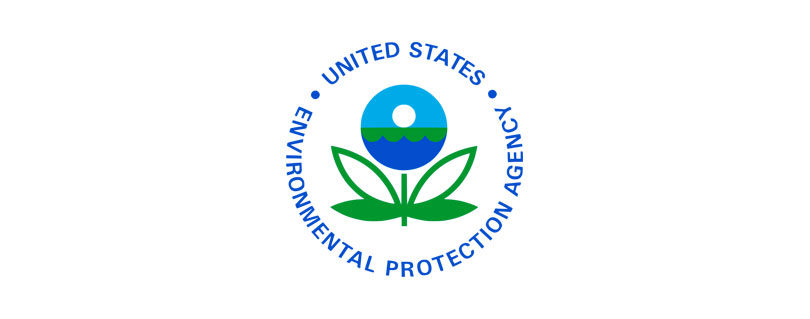EPA Settlements with Maine Companies Improve Chemical Safety and Impose Over $370,000 in Penalties
Publilshed by the U.S. Environmental Protection Agency (EPA)
BOSTON (Aug. 17, 2023) – In the last year, the U.S. Environmental Protection Agency (EPA) reached settlements with two Maine based companies – Jasper Wyman & Son and Barber Foods – for chemical safety violations, resulting in $373,490 in combined penalties. In addition, one of the companies agreed to conduct Supplemental Environmental Projects (SEPs). Both companies use anhydrous ammonia as a refrigerant at their facilities.
“Despite EPA’s efforts to improve compliance at facilities that use anhydrous ammonia as a refrigerant, our inspectors continue to see many troubling violations of the Clean Air Act’s chemical accident prevention requirements – in particular, failure to identify common hazards and follow industry standards of care during the operation of these refrigeration systems,” said EPA New England Regional Administrator David W. Cash. “It’s imperative that companies comply with Clean Air Act requirements in order to protect facility workers and surrounding communities. Particularly in rural areas, if a chemical accident occurs, it can take time for trained HazMat responders to arrive. We are pleased to say that, as a result of the Jasper Wyman & Son settlement’s Supplemental Environmental Projects, the Cherryfield Fire Department will be better prepared to respond to chemical emergencies.”
Earlier this month, Jasper Wyman & Son, a blueberry processing plant in Cherryfield, Maine, agreed to pay a penalty of $73,490 to resolve alleged violations of the Clean Air Act’s chemical accident prevention requirements at its facility. In addition, the company agreed to provide training for local emergency responders on how to address ammonia releases and to donate equipment to the Cherryfield Fire Department to improve response capabilities under a Supplemental Environmental Project, valued at approximately $65,000.
Also, in the last year, Barber Foods, LLC, a Portland based company that manufactures frozen poultry products, agreed to pay a combined penalty of $300,000 for Risk Management Plan (RMP) violations at two of its facilities. Barber Foods agreed to pay a penalty of $149,000 for alleged violations at its Milliken Street plant and $151,000 for alleged violations at its St. John’s Street facility. Barber Foods is in the Tyson Foods corporate family.
EPA inspections of all three facilities identified violations of the Clean Air Act’s RMP requirements. In addition, the Jasper Wyman settlement includes allegations that the company failed to comply with the Clean Air Act’s General Duty Clause for one refrigeration system that had less than 10,000 lbs. of ammonia. The three cases allege failures to identify, analyze and control certain hazards, failure to document compliance with certain good engineering practices, and equipment maintenance violations.
Background
All three of these facilities use anhydrous ammonia in their refrigeration systems. Anhydrous ammonia is an energy efficient refrigerant, but it must be handled with care because it is highly corrosive to the skin, eyes, and lungs. The chemical can cause serious, often irreversible health effects when released.
To prevent exposure to ammonia, it is important that ammonia refrigeration systems be designed to prevent the release of ammonia and minimize the effects of any release. This includes, among other things, providing for rapid detection of releases, safe shutdown of equipment, controlled containment of any releases, safe ventilation of such releases, and accessible eyewash/shower stations for employees and responders. Operators must also coordinate with emergency responders and have procedures in place for maintaining equipment and training employees.
More information
Clean Air Act’s Risk Management Plan Program
Clean Air Act’s General Duty Clause
Ammonia Refrigeration Compliance Assistance Resources
Read the full article at: https://www.epa.gov/newsreleases/epa-settlements-maine-companies-improve-chemical-safety-and-impose-over-370000


